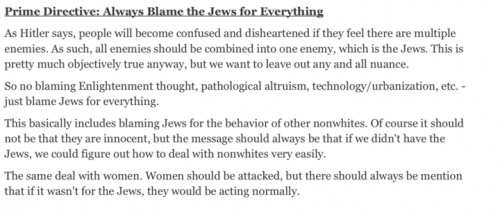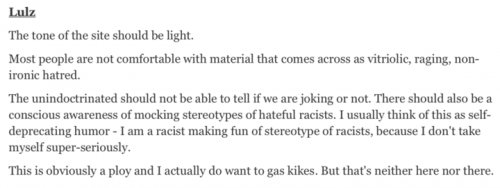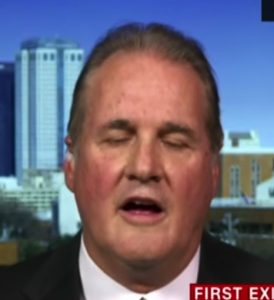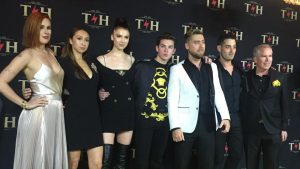Ted Chiang cuts straight to the heart of issue: it’s not artificial intelligence we should fear, it’s capitalism and its smug, oblivious, excessively wealthy leaders.
This summer, Elon Musk spoke to the National Governors Association and told them that “AI is a fundamental risk to the existence of human civilization.” Doomsayers have been issuing similar warnings for some time, but never before have they commanded so much visibility. Musk isn’t necessarily worried about the rise of a malicious computer like Skynet from The Terminator. Speaking to Maureen Dowd for a Vanity Fair article published in April, Musk gave an example of an artificial intelligence that’s given the task of picking strawberries. It seems harmless enough, but as the AI redesigns itself to be more effective, it might decide that the best way to maximize its output would be to destroy civilization and convert the entire surface of the Earth into strawberry fields. Thus, in its pursuit of a seemingly innocuous goal, an AI could bring about the extinction of humanity purely as an unintended side effect.
This scenario sounds absurd to most people, yet there are a surprising number of technologists who think it illustrates a real danger. Why? Perhaps it’s because they’re already accustomed to entities that operate this way: Silicon Valley tech companies.
Consider: Who pursues their goals with monomaniacal focus, oblivious to the possibility of negative consequences? Who adopts a scorched-earth approach to increasing market share? This hypothetical strawberry-picking AI does what every tech startup wishes it could do — grows at an exponential rate and destroys its competitors until it’s achieved an absolute monopoly. The idea of superintelligence is such a poorly defined notion that one could envision it taking almost any form with equal justification: a benevolent genie that solves all the world’s problems, or a mathematician that spends all its time proving theorems so abstract that humans can’t even understand them. But when Silicon Valley tries to imagine superintelligence, what it comes up with is no-holds-barred capitalism.
I’ve always thought the dread of AIs was overblown and absurd and not at all a concern. Chiang exposes it for what it is, the fear that lies in the id of Musk, and Bezos, and Zuckerberg, and every greedy gazillionaire who is frantically pointing “over there!” to distract us from looking at where they’re standing: the fear that someone else might be as rapacious as they are.







